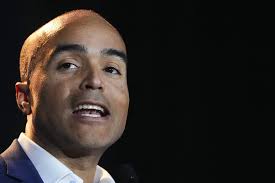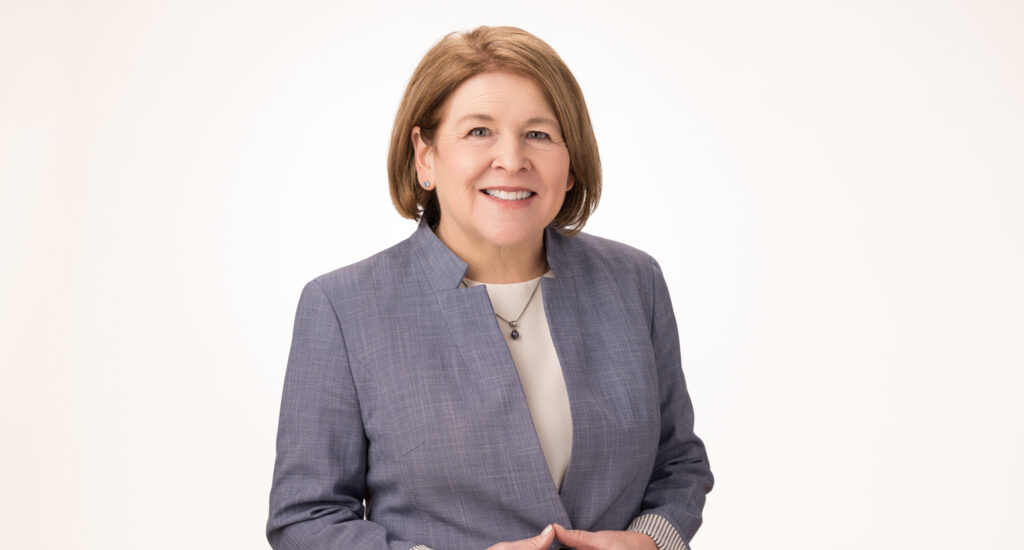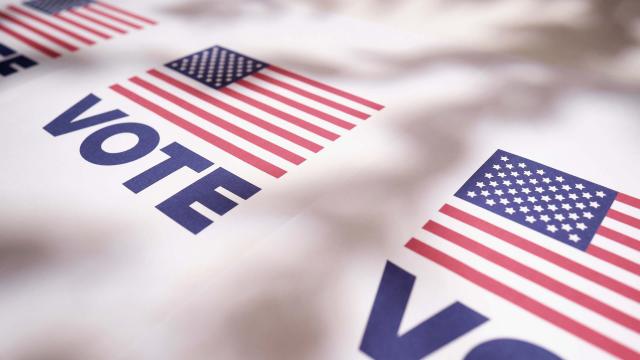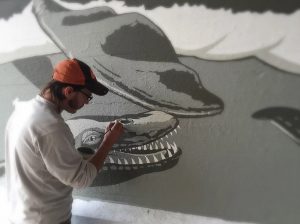WWU agrees to most of striking students’ demands
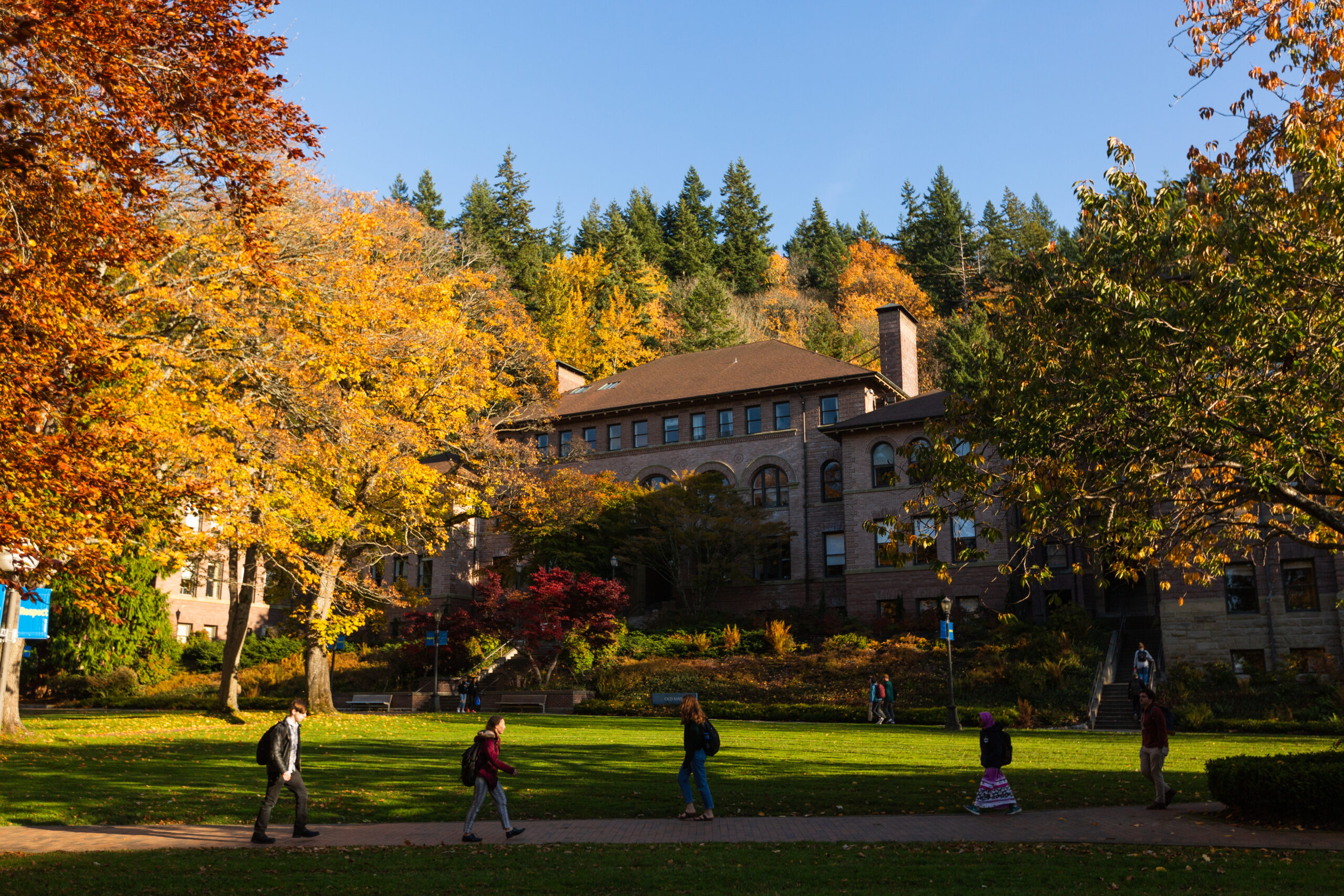
‘Unprecedented’ outcome for non-educational student employees, but still no union recognition
SPOKANE
WWU students who went on strike in an effort to get the university to recognize their union reached a resolution with the administration on June 5.
The university hasn’t agreed to recognize the union of operational student employees, who work as resident advisors, recreation assistants and more. But it did agree to provide much of what the students wanted.
That includes a month’s notice before layoffs, increased sick leave, bereavement leave, increased pay and a dispute resolution process, according to a letter signed by President Sabah Randhawa to the employees.
“They gave us an enforceable set of terms and conditions. This is unprecedented for non-educational student employees,” said Emma Jean McGreevey, a member of the operational student employees’ bargaining committee, in a video on social media. The group represents more than 1,300 student employees on campus.
Students went on strike on May 28, a year and a half after voting to join Western Academic Workers United. University officials said they would not recognize the union until legislation is passed to extend collective bargaining rights to student workers. Such bills in the state Legislature failed to make it out of committee the last two sessions. The students paused the strike after five days on Monday, June 2 to enter negotiations with Western’s administration.
While the university still hasn’t recognized the employees’ union, McGreevey said the university committed to lobbying for a new bill to grant them formal bargaining rights through the Legislature next session. Randhawa affirmed that in a statement sent to the community on Friday.
“Our fight for recognition is not over,” McGreevey said.
Randhawa said the administration appreciated the “opportunity to engage with our student employees, listen to their concerns, and work together to ensure that all student workers at our university experience safe, fair, and equitable working conditions.”
“This collaborative effort reflects Western’s core values and reaffirms our deep commitment to supporting our students both in and outside the classroom,” he said.
Ends






